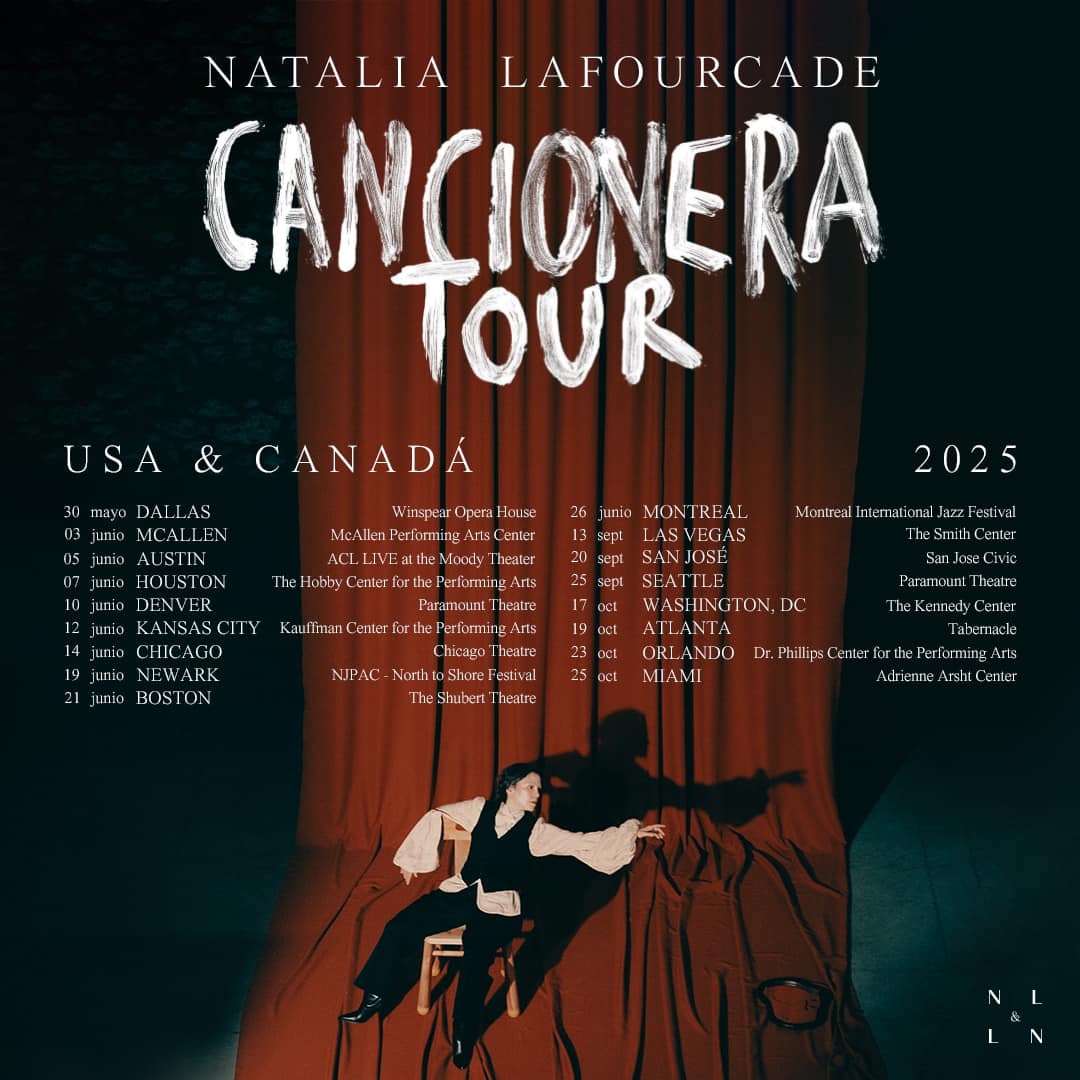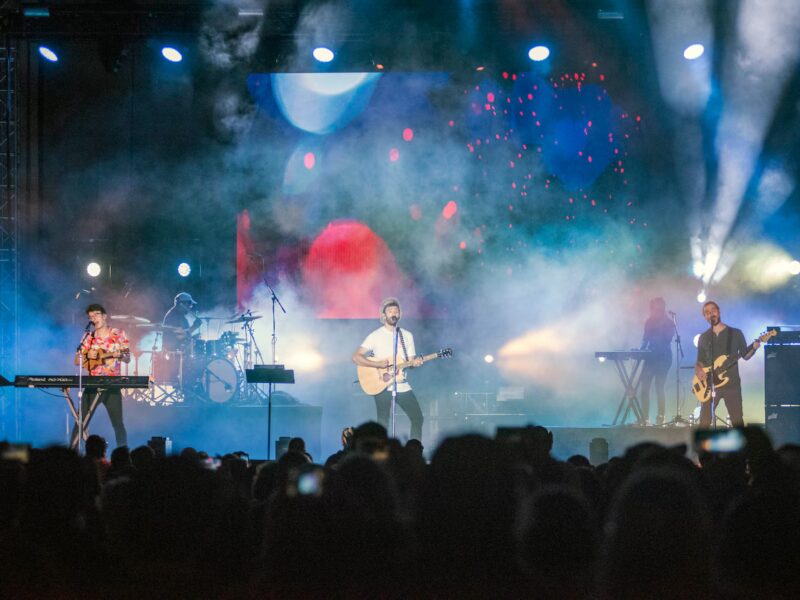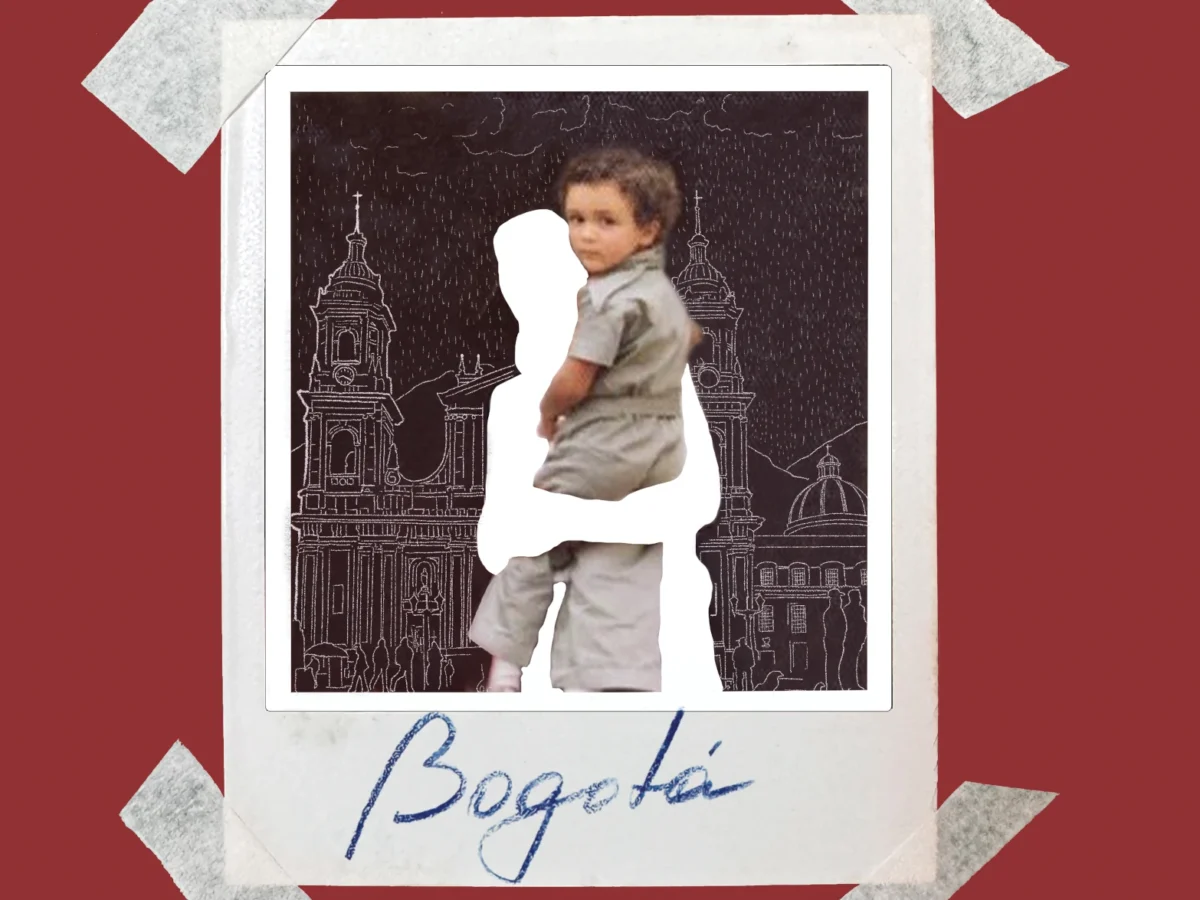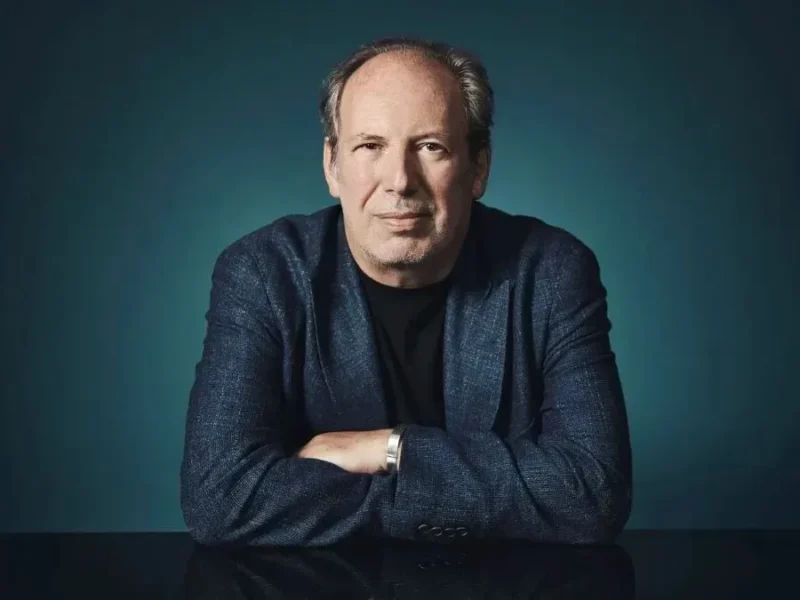Growing up in Veracruz, Mexico, Natalia Lafourcade might have seemed destined for music, with two musician parents and a house steeped in sound. But destiny needed a violent jolt to manifest itself. At six years old, a kick from a horse nearly destroyed her future—yet it ultimately cemented her fate as one of Latin America’s most acclaimed musicians.
That seemingly tragic accident was more than a childhood mishap. It was a rupture that forced Lafourcade to rebuild—physically, emotionally, and spiritually—with music as her lifeline. Her journey from brain injury patient to 18-time Grammy Award winner isn’t just inspiring; it’s a testament to resilience, creativity, and the transformative power of sound.
Can trauma be a creative spark?
After being kicked in the face by a mare during a birthday party, young Natalia needed surgery, 18 stitches, and extensive therapy. Doctors were grim: they predicted she might never attend university, maybe not even finish school. But Natalia had two secret weapons—her will, and her mother.
María del Carmen Silva, a music educator, defied medical advice by embedding music therapy into her daughter’s recovery. Exercises weren’t just physical; they were melodic. The sounds of arpeggios, scales, and lullabies filled their home, transforming pain into play. Natalia recalls these moments not as rehab, but as games, road trips filled with songs, and made-up stories that nourished her spirit.
That music-first healing approach didn’t just help her recover; it planted a creative obsession. Music became not just a vocation but a way to survive and understand the world. It’s no surprise that Lafourcade would later champion Latin American folk genres like son jarocho and bolero, which themselves are rooted in storytelling and resilience.
What drives an artist to defy expectations?
Lafourcade’s story is one of persistent self-definition. After recovering from her injury, she moved to Mexico City, where the sounds of mariachi and ranchera seduced her. She didn’t inherit this taste; she found it. The music of José Alfredo Jiménez, in particular, sparked something visceral.
At age 10, she began calling television networks daily, begging for a chance to audition. Her mother discovered the scheme via a bloated phone bill—and rather than scold her, enrolled Natalia in a performing arts academy. By 14, she was touring with a girl pop group, Twist, learning the business the hard way: endless performances, tight schedules, and makeshift homes in tour vans.
Still, she craved artistic autonomy. Her stint in Twist was a lesson in compromise, one she wasn’t willing to repeat. She left, hungry to write, play, and sing her songs, not the manufactured hits of a label executive.

How do we measure artistic legacy?
By 17, Lafourcade released her debut solo album—and it was an instant success. Over the next 25 years, she not only built a stellar career but redefined Mexican music for new generations. Her eleven studio albums aren’t just records; they’re love letters to the sounds of Latin America, painstakingly curated and globally respected.
She’s performed at Carnegie Hall, collaborated with icons like Caetano Veloso and Gustavo Dudamel, and won prestigious awards beyond the Latin Grammys. Yet, her proudest achievements seem rooted in authenticity rather than accolades.
Even her recent 2024 album “Cancionera” revisits traditional forms with modern sensibility, reinforcing her role as both innovator and preservationist. And, poetically, she marked her 40th birthday by finally riding a horse again—an act that closed a traumatic loop and reaffirmed her strength.
Natalia Lafourcade’s life reads like a folk tale: danger, recovery, rebirth. But it’s real. Her story reminds us that sometimes, the very thing meant to break us becomes the spark that builds us anew.












